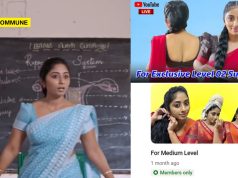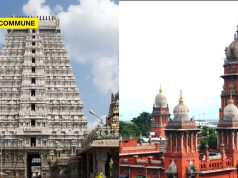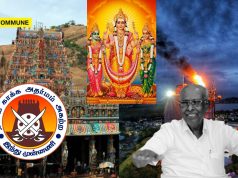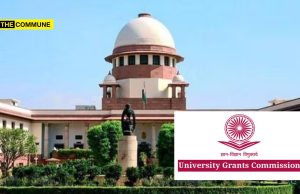
The Madurai Bench of the Madras High Court permitted the observance of Muharram ceremonies in Ervadi, Ramanathapuram district, in accordance with traditional practices, including music, processions, and other rituals. Emphasizing the supremacy of fundamental rights over extremist elements, the court underscored that individuals have the right to conduct these ceremonies as per their customs.
The court’s decision came in response to a petition by Thameem Sindha Madar, seeking protection against interference in their customary Muharram observance. The petition faced opposition from adherents of Thowheed Jamath, who objected to the manner of celebration. Thameem Sindha Madar had sought intervention from the Madras High Court after the Tamil Nadu authorities denied permission for their customary Muharram observance involving drums and music, due to objections raised by the radical faction.
In Ervadi town, Tirunelveli, Sufi Muslim devotees have long carried out Muharram processions featuring drum beats and music, such as the Santhanakoodu procession and Kuthirai Pancha. This year, they encountered opposition from a radical faction within the Muslim community, which opposed the inclusion of drums and music in the Muharram observance. Thowheed Jamath, the opposing group, argued that musical elements in the Muharram procession could lead to moral corruption among devotees and insisted on practicing Islam in a purist form devoid of such rituals.
Despite the Muslim group’s appeals to district and state authorities, they were advised against including music in the Muharram procession to prevent potential law and order issues, effectively yielding to the restrictions imposed by Thowheed Jamath on the traditional practices of other Muslims in the region.
Justice G.R. Swaminathan affirmed that the petitioners had an inherent right, guaranteed by Articles 25, 19(1)(b), and 19(1)(d) of the Constitution, to observe Muharram in their traditional manner. The court noted the diversity within religious beliefs and practices, rejecting the imposition of singular interpretations.
Highlighting the historical significance of the Hasan and Husain Dargha in Ervadi and the enduring tradition of Muharram observance, the court recognized drum beats as integral to local religious and social events. It affirmed the petitioners’ entitlement to conduct their religious processions without interference.
The court further stated that Thowheed Jamath did not possess the authority to dictate the conduct of ceremonies by the petitioner’s group or obstruct their religious processions. It emphasized the administration’s duty to protect fundamental rights and to prevent any interference with their exercise.
The court asserted, “This right has been exercised by the petitioner’s forefathers over centuries. It is not open to Thowheed Jamath to dictate to the petitioner’s group as to how they should conduct the festival.” The court emphasized that “religious beliefs and practices cannot be reduced to singular categories; perceptions are inevitably diverse.”
The court asserted that Thowheed Jamath lacked the authority to obstruct the petitioner’s group from conducting a religious procession. It argued that religion takes on various hues depending on individual experiences, noting that the people of Ervadi embrace music, drum beats, and traditional processions involving horses and chariots. Therefore, expecting them to adhere strictly to practices akin to those in Saudi Arabia would be akin to adopting a “Talibanic outlook.”
Critically, the court rebuked the District Administration for capitulating to threats from extremist factions. It condemned the administration for choosing the “easy and lazy” route of banning the exercise of rights under the pretext of maintaining law and order, which it deemed as an act of helplessness.
Emphasizing that the right to religious procession is safeguarded under Article 19 and can be defended against Thowheed Jamath, the court mandated that the District Administration must take all necessary actions to protect this right.
Consequently, the court granted the writ petition, specifying, “The Thowheed group has the right to adhere to their own beliefs… If members of Thowheed Jamath object to the Santhanakoodu procession or Kuthirai Pancha, they may choose not to participate and remain indoors.”
(With inputs from LawBeat)
Subscribe to our channels on Telegram, WhatsApp, and Instagram and get the best stories of the day delivered to you personally.




